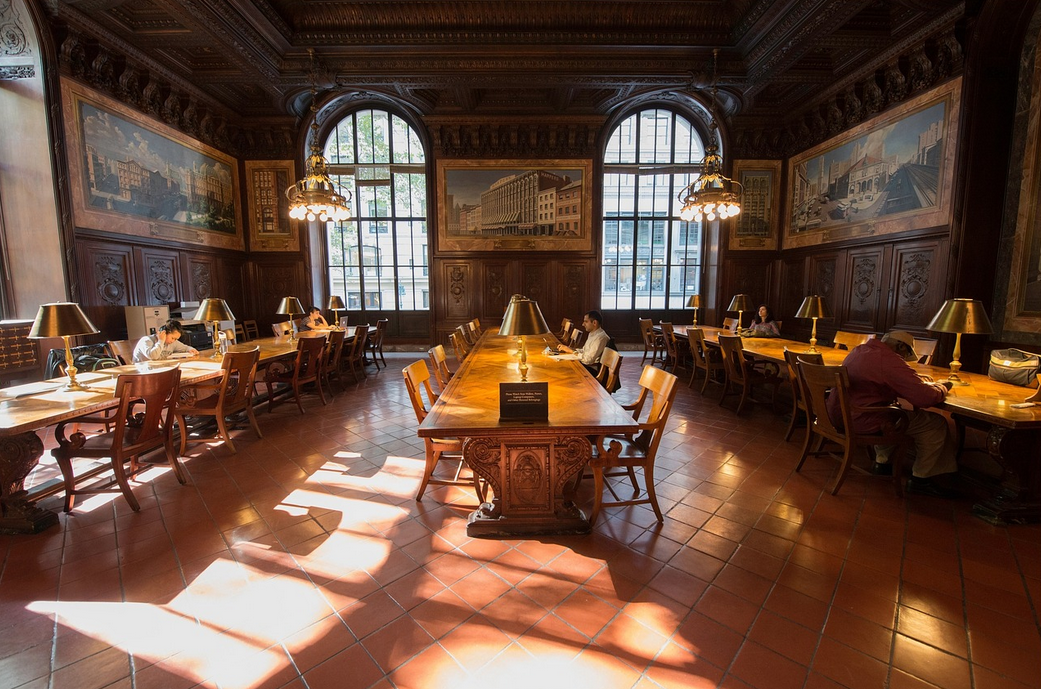In an attempt to foster diversity and inclusion, many college campuses, secondary institutions, and even elementary schools have gradually changed up their English curriculum. This change has caused a number of the classic works students have studied for centuries to disappear, replaced by modern tales representing a variety of backgrounds and cultures.
The latest school to consider this course is the famed Cambridge University in England. In an open letter to Cambridge’s English Department, woman’s officer Lola Olufemi declared the following:
“For too long, teaching English at Cambridge has encouraged a ‘traditional’ and ‘canonical’ approach that elevates white male authors at the expense of all others. … What we can no longer ignore, however, is the fact that the curriculum, taken as a whole, risks perpetuating institutional racism.”
Ms. Olufemi went on to say:
“The department cannot claim to provide students with the ‘foundational knowledge of the canon’ whilst it refuses to decolonise the curriculum.”
Cambridge has not given much indication that they will cede to such demands. But judging from the signatures on her letter, many students and academics agree. After all, such a move seems politically correct. Why shouldn’t schools try to reverse past wrongs by replacing the white male literature of the colonization period with that of minority voices?
But at least one Cambridge professor sees potential problems with this move. According to Professor Gill Evans, decolonizing the English curriculum distorts both truth and history:
“‘If you distort the content of history and literature syllabuses to insert a statistically diverse or equal proportion of material from cultures taken globally you surely lose sight of the historical truth that the West explored the world from the sixteenth century and took control – colonially or otherwise – of a very large part of it.
‘It is false to pretend that never happened.’”
His words echo sentiments expressed by American professor Allan Bloom several decades ago. Bloom noted that American schools were using history not to teach facts, but to encourage more “openness” to relativistic idealism about other peoples and cultures.
The problem is, this openness ends up doing the exact opposite. According to Bloom, it encourages “conformity” rather than diversity. It closes minds to exploring the ideas and wisdom of those who have gone before. And it also encourages a patronizing attitude toward minorities.
Bloom goes on to say:
“None of this concerns those who promote the new curriculum. The point is to propagandize acceptance of different ways, and indifference to their real content is as good a means as any.”
There’s no denying that introduction and inclusion of ideas from other cultures is beneficial. But does it continue to be so when it rejects many of the ideas and history which have grown out of the last several centuries?
That’s a question which all schools, parents, teachers, and public figures need to consider before hoping on the bandwagon to make history and literature courses politically correct.
















Leave a Comment
Your email address will not be published. Required fields are marked with *